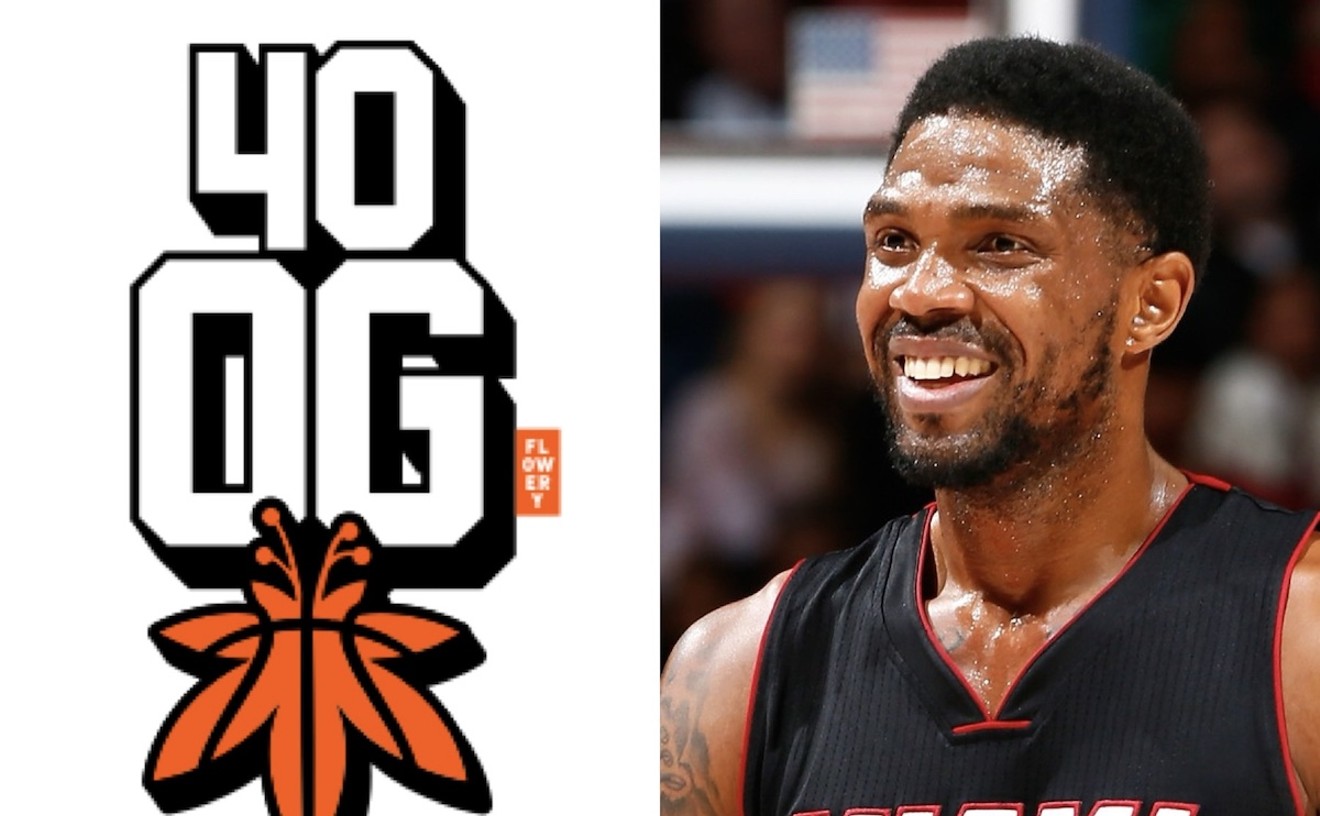For the movie's first half-hour, MacDowell plays Sarah Lloyd, a dutifully loving American housewife and mother of two who can't stop proclaiming the name of her husband, Harrison. For most of the story's remainder, as Newsweek photojournalist Harrison (David Strathairn) goes missing -- presumed dead -- somewhere in Croatia, MacDowell plays soiled baggage, toted through hostile territory by Harrison's peers. There's family friend Yeager (Elias Koteas, increasingly grizzled), who secretly covets Sarah. There's young punk Kyle (Adrien Brody, plying his tantrums), who hates everybody and everything so energetically that he steals the latter half of the movie from Sarah. And then there's Stevenson (Brendan Gleeson of The General), whose defining characteristics seem to be that he's Irish and kind of nice. Together they brave bullets and bombs, in search of their beloved Harrison, who, as the title suggests, happens to like flowers.
Directed by Elie Chouraqui (The Liars) and based on a script cowritten with Didier Le Pecheur and Isabel Ellsen, the project evinces a very strong Costa-Gavras jones, wishing by turns that it were Missing or État de Siège. Indeed its images of war-torn ghastliness are its most impressive asset, as lensed by cinematographer Nicola Pecorini (who warmed up for this shoot by capturing the psychotropic battlefield of Fear and Loathing in Las Vegas). Shot not far from New Hollywood (a.k.a. Prague), the carnage amidst the bombed-out Croatian streets emerges directly from the Saving Private Ryan-inspired quest for gory authenticity, and it's almost powerful enough to distract from the movie's trite narrative undercarriage. But not quite.
Harrison's Flowers is neither a film that stumbles out of the gate and picks up momentum, nor one that starts off promisingly then collapses in a heap. Rather it's as rote as can be, from setup to payoff -- not good, not unbearable, just there. We begin by meeting the Lloyd family, discovering that Harrison is not only a Pulitzer Prize-winning photojournalist but something of a poet. (Comparing a pharmaceutically useful Madagascar pink periwinkle to his wife, he declares it "beautiful and a lifesaver, just like you." Aw.) The guy's sensitive all right, and yet while he's capable of appreciating his daughter (Quinn Shephard) playing submarine in the bathtub, his forlorn son (Scott Michael Anton) is left unattended. Naturally said son is about to have a birthday when Harrison disappears on the dangerous assignment in Croatia, with Sarah soon to follow.
Fortunately the movie's not without its strong scenes, which nudge it slightly away from being retitled Harrison's Cheese Sandwich. Early on it's fun to watch a coked-up Kyle berating his seemingly complacent elders at an award ceremony. ("You know how many guys have to die in Bogota so you can powder your nose?" he asks, issuing what could be construed as the single worst pick-up line ever uttered in a men's room.) More poignantly, when Newsweek editor Samuel Brubeck (Alun Armstrong) breaks the harrowing news about Harrison, which Sarah has already gathered from the pitying eyes on her, the drama feels real. The emotions grow even stronger when she picks up a friendly hitchhiker (Sasa Nikolic) in Graz and they both immediately learn the horrors of war. It's only a shame that these hard-hitting segments serve an ending that's as absurd as it is contrived.
Mostly the movie repeatedly points out that photojournalists take photographs, which Harrison says "comprise the communal memory of our time." A bit presumptuous, but so it goes. Despite Strathairn's peculiar languor here -- and the fact that MacDowell was more plausibly distraught while having her butt kicked by Miss Piggy in Muppets from Space -- the determination of these intrepid shutterbugs holds the project together. The story's a trifle, but it's consistently edgy as they stride straight into the middle of grisly violence so they can capture it on film.
There's also a constant struggle here between romance and brutality, but MacDowell just isn't up to bridging that gap. Of reading the script, she admits, "I really didn't even think about the complexity or difficulty of the war because I was so interested in the love story," and her limited perceptions of the conflict mirror the film's. En route to predictability, we get Serb executioners, corpses aplenty, and not much else to chew on, making Harrison's Flowers little more than a cautionary tale for simpletons.










